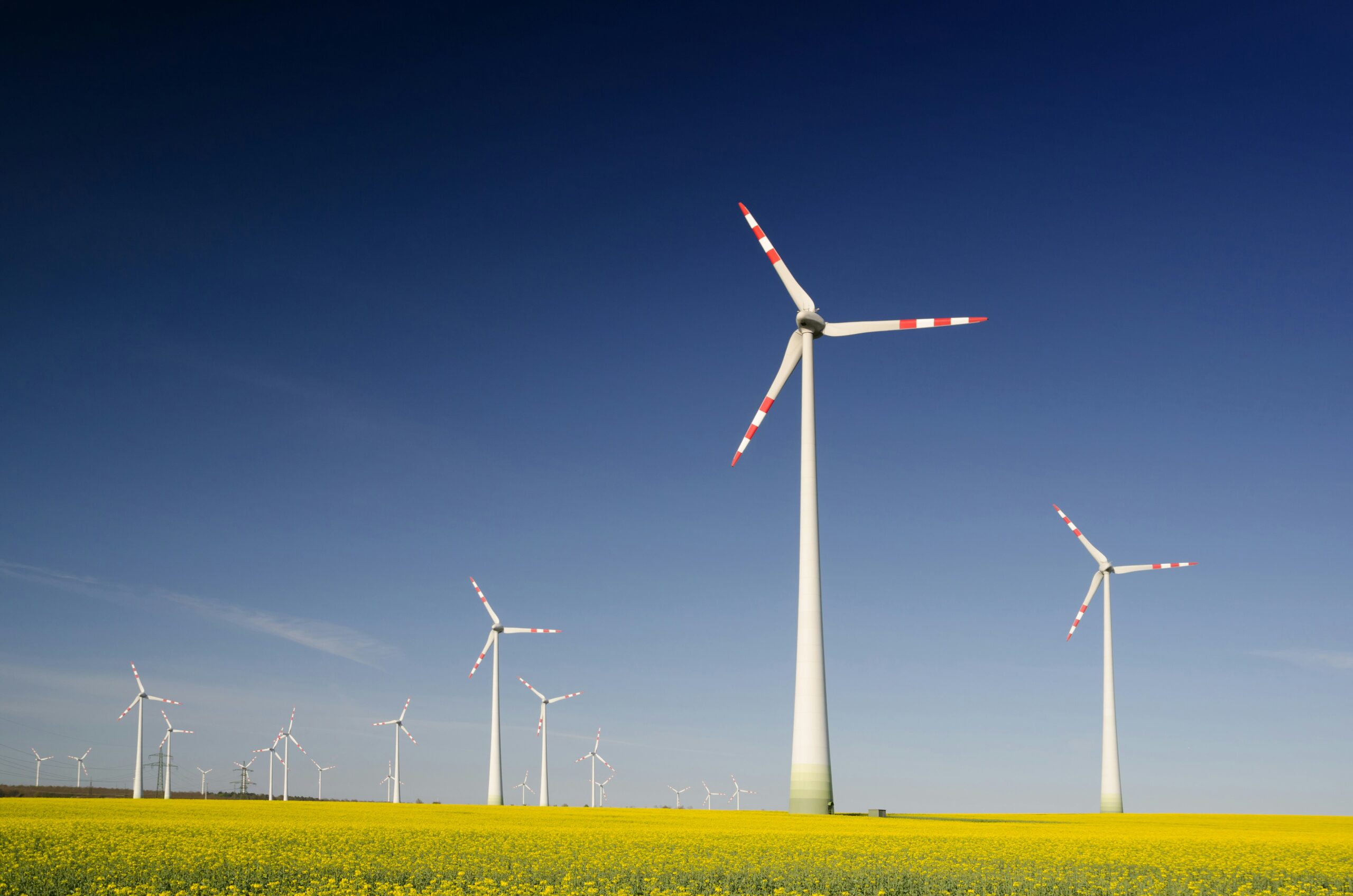
NCEL Blog
How States Can Build Upon the Federal American Climate Corps
November 30, 2023
Overview
In September 2023, President Biden launched a new initiative called the American Climate Corps (ACC), which will train young people in high-demand skills for jobs in the clean energy economy. The ACC, which is modeled on the Civilian Climate Corps, has the goal of mobilizing a new workforce to take advantage of the millions of jobs that will be created during the clean energy transition.
The focus will be on creating pathways to careers in growing climate sectors such as clean energy development, forest management, coastal restoration, and energy-efficiency solutions. Equity and environmental justice will play a large role as the Corps will focus on uplifting disadvantaged communities and partnering with states, local governments, labor unions, the private sector, and philanthropy organizations to expand skills-based training programs.
The program will be coordinated across several federal agencies such as the Department of Labor, Department of the Interior, U.S. Department of Agriculture, National Oceanic and Atmospheric Administration, Department of Energy, and AmeriCorps.
The work by the federal government to create the ACC will be crucial to mobilizing a new workforce. Along with the federal government, states have already taken action to support and mobilize their own clean energy workforces. By creating state-based climate corps, states can maximize the opportunity for their citizens and cultivate the projects that most need workforce support.
Legislation for Supporting Climate Workforces
Washington and Connecticut have emerged as unique models, pioneering legislation to spearhead the creation of their specialized climate workforce, setting a precedent for proactive state-led initiatives in cultivating skilled talent for a sustainable economy.
Washington
Through H.B.1176, Washington created the Washington Climate Corps Network. The Washington Climate Corps Network will emphasize “equity-centered, climate-related service programs” along with an emphasis on recruiting volunteers from “overburdened and underserved communities.”
Connecticut
The Connecticut legislature passed H.B.6354 which established a Green Jobs Corps program. This program will ensure the development of Connecticut’s green technology industry and workforce by offering work-based learning, certification, and degree programs at career schools and institutions of higher education. Connecticut also passed S.B.999 which sets guidelines and requirements for renewable energy projects to incorporate community benefit agreements, apprenticeship programs, prevailing wage, and project labor agreements.
Other Examples
Other states have passed unique legislation to support the creation of their climate workforces such as in Massachusetts where S.B.2996 gave the Massachusetts Clean Energy Center (MassCEC) $12 million in new annual funding for clean energy workforce development for minority and women-owned small businesses, environmental justice communities, and fossil fuel workers.
Looking Ahead to 2024
Securing a diverse workforce is critical for an efficient and equitable energy transition, and creating a state climate corps is just one lever to pull. States can create robust just transition policies like in Colorado to ensure that energy communities aren’t left behind in the transition, a priority exemplified by President Biden’s additional tax credits for energy communities. See NCEL’s Climate Justice Policy Options and Climate Energy Jobs and a Just Transition Policy Examples for more legislative ideas on developing a clean energy workforce.